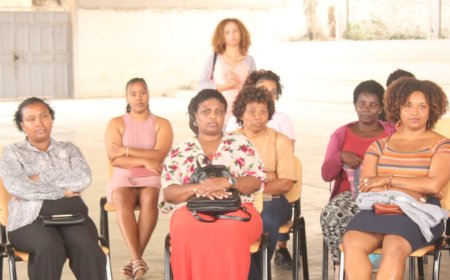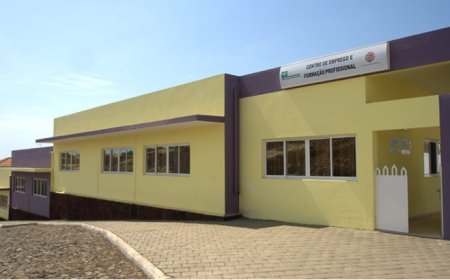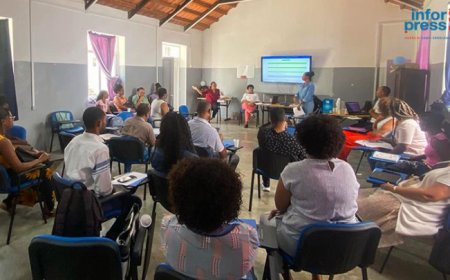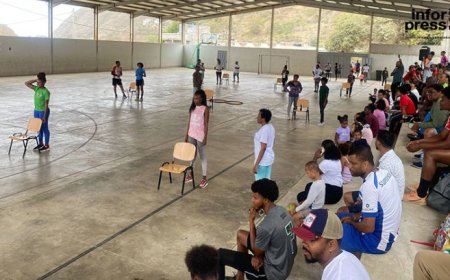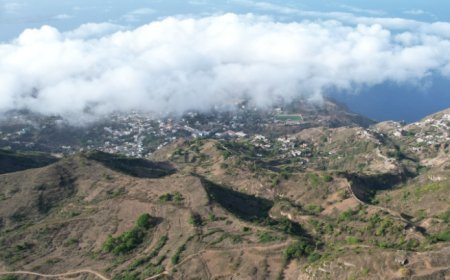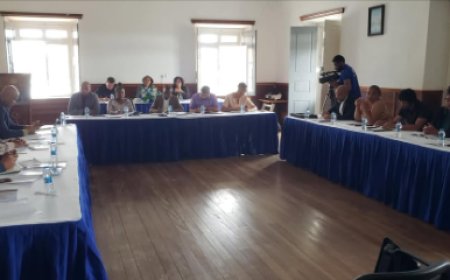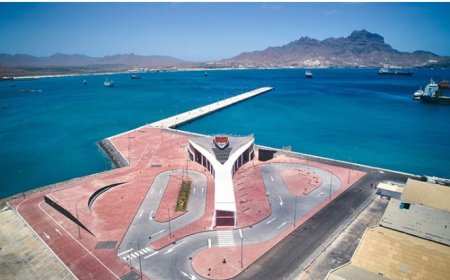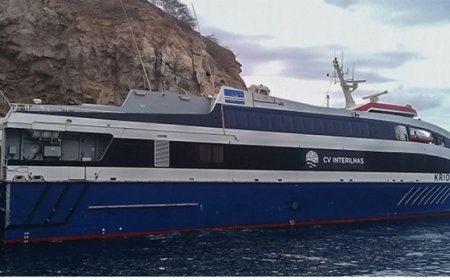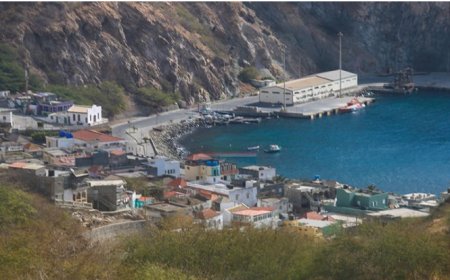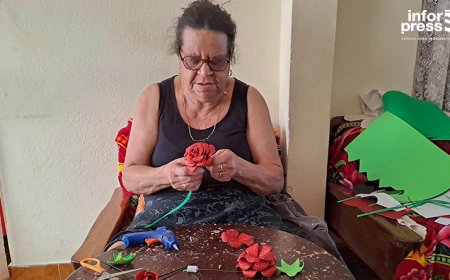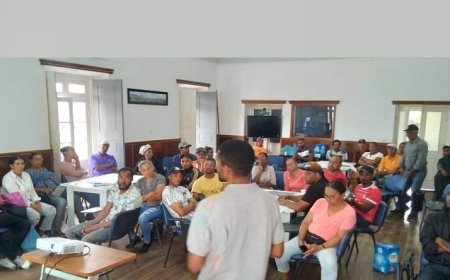Elevated levels of fluoride found in drinking water from Ilha Brava, Cape Verde
A study published in October, 2022, found that drinking water from Ilha Brava, Cape Verde, has high levels of fluoride. The study, carried out by researchers at the University of Cape Verde, found that the concentration of fluoride in the water ranged from 4.8 to 6.5 mg/L, which is well above the World Health Organization safe drinking water limit. (WHO) of 1.5 mg/L.
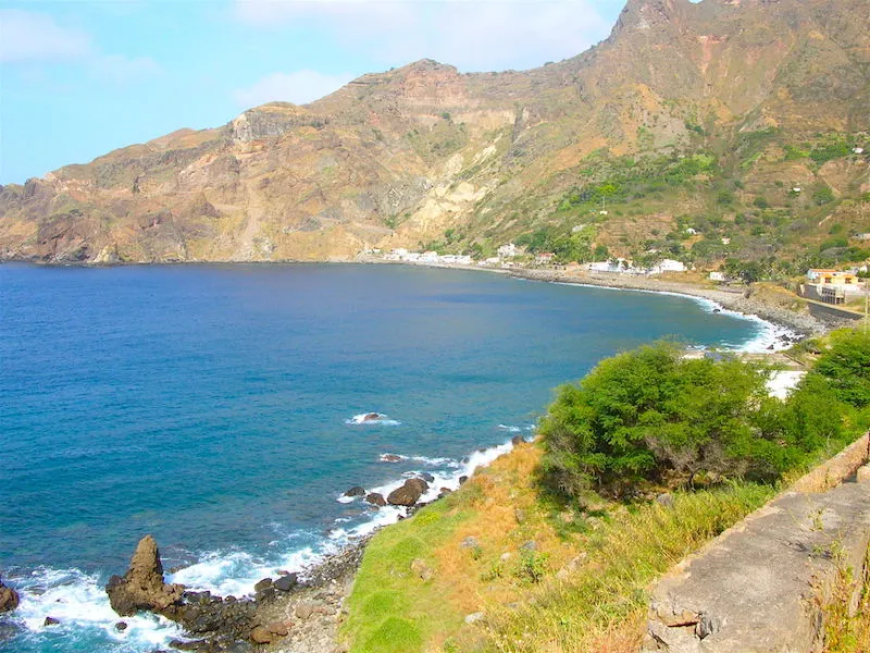
A study published in October 2022 found that drinking water from Ilha Brava, Cape Verde, has high levels of fluoride. The study, carried out by researchers at the University of Cape Verde, found that the concentration of fluoride in the water ranged from 4.8 to 6.5 mg/L, which is well above the World Health Organization safe drinking water limit. (WHO) of 1.5 mg/L. 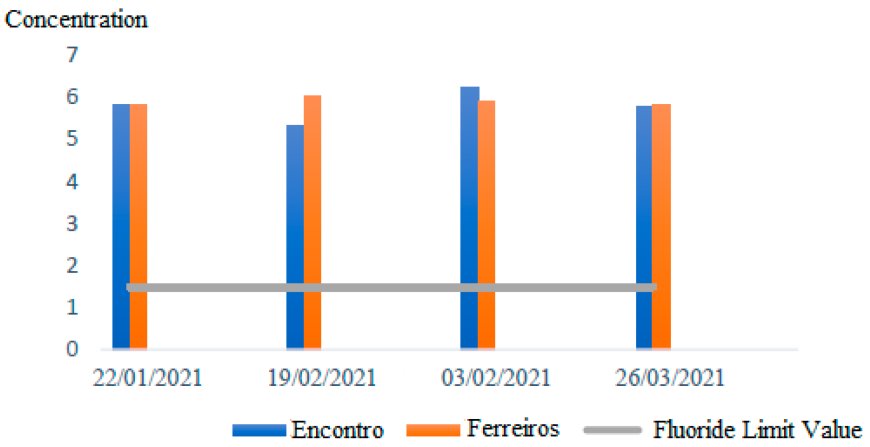
Fluoride is a natural mineral that is found in rocks and soil. It can also be added to drinking water to help prevent tooth decay. However, high levels of fluoride can be harmful to your health and can cause a condition called dental fluorosis, which can lead to stained and pitted teeth.
Researchers believe that the high levels of fluoride in Brava Island's drinking water are due to the island's geology. Brava is a volcanic island and the rocks that make up the island are rich in fluoride.
The results of the study raised concerns about the health of people living on Ilha Brava. The researchers recommend that the government of Cape Verde take steps to reduce the level of fluoride in drinking water.
One way to reduce the level of fluoride in drinking water is to add a substance called activated alumina to the water. Activated alumina is a type of aluminum oxide that binds to fluoride molecules, removing them from the water.
The government of Cape Verde is currently considering the researchers' recommendations. It is important to take steps to reduce the level of fluoride in drinking water on Ilha Brava to protect the health of the people who live there.
In addition to health risks, high levels of fluoride can also damage infrastructure such as pipes and water heaters. The government of Cape Verde will need to consider all of these factors when making a decision on how to resolve the issue.
Publication: https://www.mdpi.com/2073-4441/14/21/3421














